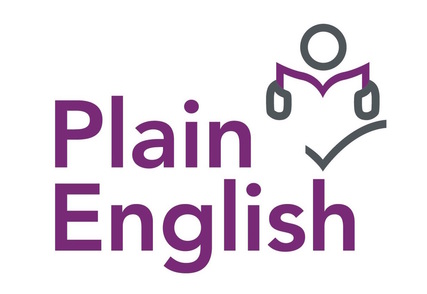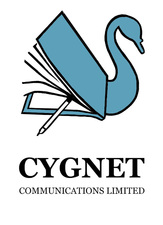|
You can see these techniques at work in a plain language rewrite of traffic penalty notices in HK’s laws. Which is the more readable, more inviting text? Traditional legislative style (1) Where a notice under section 15 has been served on any person, the Commissioner of Police may, at any time before the commencement of any proceedings against that person in respect of the contravention specified in the notice and whether or not an order under section 16 has been applied for, but before such order is made, withdraw that notice, and may serve on that person a notice in writing informing him that the notice has been withdrawn. (2) Where a notice under section 15 had been withdrawn under this section and any sum of money has been paid pursuant to the notice, the Director of Accounting Services shall, on demand by the person on whom the notice was served, repay to that person the sum so paid. Plain language rewrite
(1) The Authority may withdraw a penalty notice or demand notice at any time – (a) before an order is made under section 13; or (b) before the issuing of a summons commencing proceedings under Division 4. (2) If a penalty notice or demand notice is withdrawn – (a) the Authority must serve notice of the withdrawal on the person to whom the penalty notice or demand notice applied; and (b) on application by the person, the Authority must refund, through the Director of Accounting Services, any amount paid in respect of the fixed penalty. Einstein once said to his accountant, “The hardest thing in the world to understand is income taxes!” It is a monumental task to simplify the written laws – they are technical and complex documents intended for a diverse group of readers. But the public needs laws that it can understand. HK’s own efforts are matched by pioneering initiatives in jurisdictions in Australia and Canada and, more recently, in the UK’s Good Law project and Singapore’s Plain Language initiative. To some the simplicity of plain language makes it seem simple-minded. But as the legislative examples show, it’s quite a skill to decode opaque language. Plain language advocates would rather argue, alongside Steve Jobs and Da Vinci, that “simplicity is the ultimate sophistication”. In fact, a growing body of research is helping us realize the cost of not writing plainly. The collaborative efforts of academia, government and private sector research tell us what we all know—that users are alienated by complication. That too much information overwhelms us. That by alleviating cognitive overload, plain language can improve efficiency and accountability. In many countries today, laws mandate that public agencies use plain language to increase access to programmes and services. The US Plain Writing Act of 2010 requires the federal government to use "clear Government communication that the public can understand and use." Specifically all new publications, forms and publicly distributed documents must follow the best practices of plain language writing. Why? To increase accountability in government and save time and money. In HK, a network of professionals is already tackling the crisis of complexity by communicating in plain language. If you work with language, whether English or Chinese, and are keen to move towards clearer communication, please get in touch with us at Clarity HK. We’d like to meet you. Clarity International is a community of clear communicators that advocates using plain language in the law, business and government. Clarity2016 conference takes place in New Zealand, 3-5 November 2016. http://www.clarity-international.net/ For Clarity HK, please contact: Elizabeth Grindey [email protected]
0 Comments
Your comment will be posted after it is approved.
Leave a Reply. |
About this blogThis blog arises from keeping an eye on English in Hong Kong. I often use signs, notices and advertisements that I see as starting points to write about English issues that commonly challenge Hong Kong writers. Archives
October 2017
Categories
All
|


 RSS Feed
RSS Feed